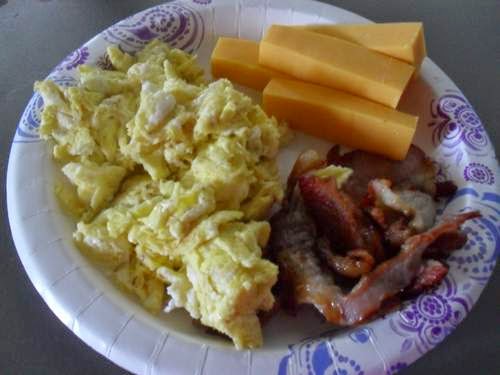Dr. Atkins Views on Low-Carb Sustainability

Is a Low-Carb Diet Sustainable? (Photo by Alpha ) As most of you know, I’m extremely partial to the 1972 and the 1992 versions of The Atkins Diet. The ’72 version was based on Dr. Atkins own experiences following a low-carb diet and a few initial clinical observations. The original ’92 version (the first edition) was based on the feedback that he actually got from his patients. Many of them were cheating by adding a few vegetables to Induction along with the salad, which they eventually admitted to. Since Dr. Atkins patients still lost weight easily eating that way, Dr. Atkins decided it was okay to add 2/3 of a cup of cooked vegetables to his Induction Plan. Because of that addition, he lengthened Induction from one week to two. The second edition printed around 1999 was exactly the same as the first one except for a one-line comment he made about how he couldn’t find anything unreasonable about deducting soluble fiber grams from the total carbohydrate count – the type found in the ps...


